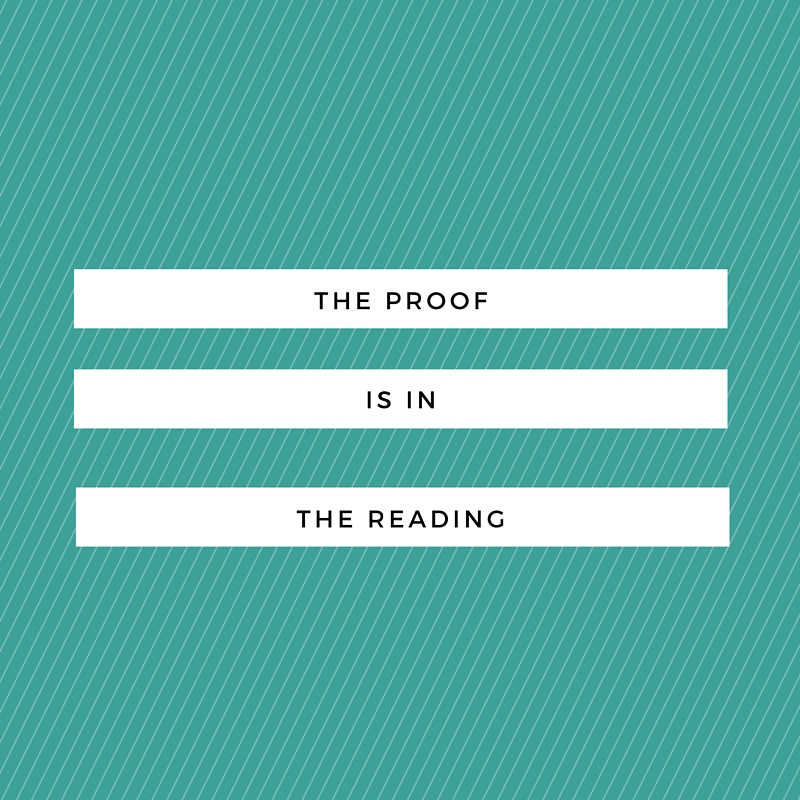There’s a time and a place for everything, the old idiom reads.
Well, that time should be always, and that place should be everywhere.
I’m talking about grammar and its nauseating misuse among our generation.
Now, I’ll admit I’m a bit of a grammar policeman. Proofreading is legitimately one of my favorite PR-related tasks. One might even say I have a flair for the … grammatic. (Sorry, I’ll stop with the terrible puns.)
Regardless of your passion level for accurate grammar, however, you must understand its importance, especially in the PR/marketing/communication industry.
I’m not going to use this space to walk through correct punctuation or discuss my opinions on controversial usage like the Oxford comma (which I vehemently oppose). You’re all bright students who have constructed enough sentences correctly to perform at the college level.
Instead, I want to emphasize the significance of proofreading and hopefully inspire you to re-read your next written assignment just one more time.
Here are some reasons to #checkyourgrammar:
Credibility: Probably the most consequential reason to #checkyourgrammar is to establish trust between you and your audience. In many of your PR classes, you’ll hear professors preach about recognizing a brand’s audiences and prioritizing stakeholders. What’s great about sharp grammar is that it’s effective for any and all audiences. Sure, slang will prove to be useful on social media to attract the younger generation, but even then, conscious grammar decisions go a long way in supporting a brand’s communication efforts.
Resume building: Wondering why you’re not receiving calls from potential employers after submitting an application? Take a harder look at your resume. Multiple HR directors have told me that grammar mistakes are just about the easiest way to have your resume end up in the trash. If you can’t find the time to polish one of the most valuable documents in your life, how can an organization expect you to professionally organize your thoughts on behalf of their brand?
Satisfaction: Maybe it’s just me, but doesn’t it feel fantastic when you turn in an assignment and have no qualms about getting dinged for sloppy work? Conversely, I loathe that feeling of knowing I made sound arguments, but nothing in life matters anymore because I left a dangling modifier in the second paragraph.
The knowledge is there: It’s not as if this is a skill set you don’t already have. You already understand the difference between a dependent and independent clause. You know when to use lay and when to use lie. You’re doing yourself a disservice if you don’t take advantage of your understanding of the language.
You can’t rely solely on spell check: I hate to break it to you, but Microsoft Word’s spell check function doesn’t catch it all. Spell check is the Google Maps of grammar fixers. It’ll get you close to where you want to go, but sometimes it’ll leave you hanging around the corner from your destination. Before you hit submit, you need to give it one final read. Put yourself in the shoes of a word like affect. Affect is a verb (except for its psychology-based definition), an emotional one at that, and people hurt its feelings when they use it as a noun. You wouldn’t want to be called Jack if your name was Jake, would you? Think about that the next time you don’t think you need to proofread.
If not for yourself, then proofread for the sake of the beautiful English language!




